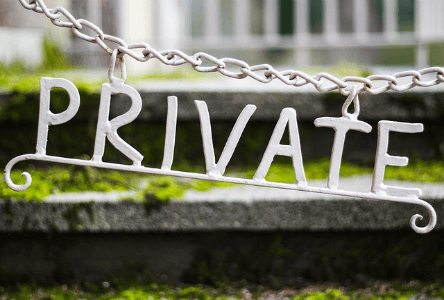New Privacy Law
Acts / 22 October 2020

With the Privacy Act 2020 coming into effect in just over a month on 1 December 2020, it is a good time for employers to review how they are managing privacy in the workplace.
The Privacy Act 2020 repeals and replaces the Privacy Act 1993. In short, key changes include:
- If an agency has a privacy breach that causes serious harm or is likely to do so, it must notify the people affected and the Privacy Commissioner.
- The Privacy Commissioner has greater powers, including to issue compliance notices to require an agency to do something, or stop doing something, and to make binding decisions on complaints about access to information, rather than the Human Rights Review Tribunal, new offences and penalties. The Privacy Commissioner’s decisions can be appealed to the Tribunal; and
- New Zealand agencies will have to take reasonable steps to ensure that personal information sent overseas is protected by comparable privacy standards.
We can advise on all aspects of privacy law, policies and offer fixed price in house privacy training for your business, including practical guidance and best practice tips for compliance for $1,500 (plus GST/disbursements) for a one hour workshop.
The Rise of Secret Recordings
Increasing numbers of employees are taking advantage of easily accessible technology, including smartphones, to secretly record conversations or meetings at work.
Case law shows that this may amount to a breach of good faith or a breach of privacy, and can justify disciplinary action, but we recommend a clear policy on this to avoid argument.
Some employees are then seeking to use the recordings to raise claims against the employer, and they can be difficult to defend where used in evidence.
We recommend that employers are proactive and have a privacy policy in place that prohibits secret recordings in the workplace. Where employees breach that policy, employers would have grounds to take disciplinary action.
Disclaimer: We remind you that while this article provides commentary on employment law and health and safety topics, it should not be used as a substitute for legal or professional advice for specific situations. Please seek legal advice from your lawyer for any questions specific to your workplace.